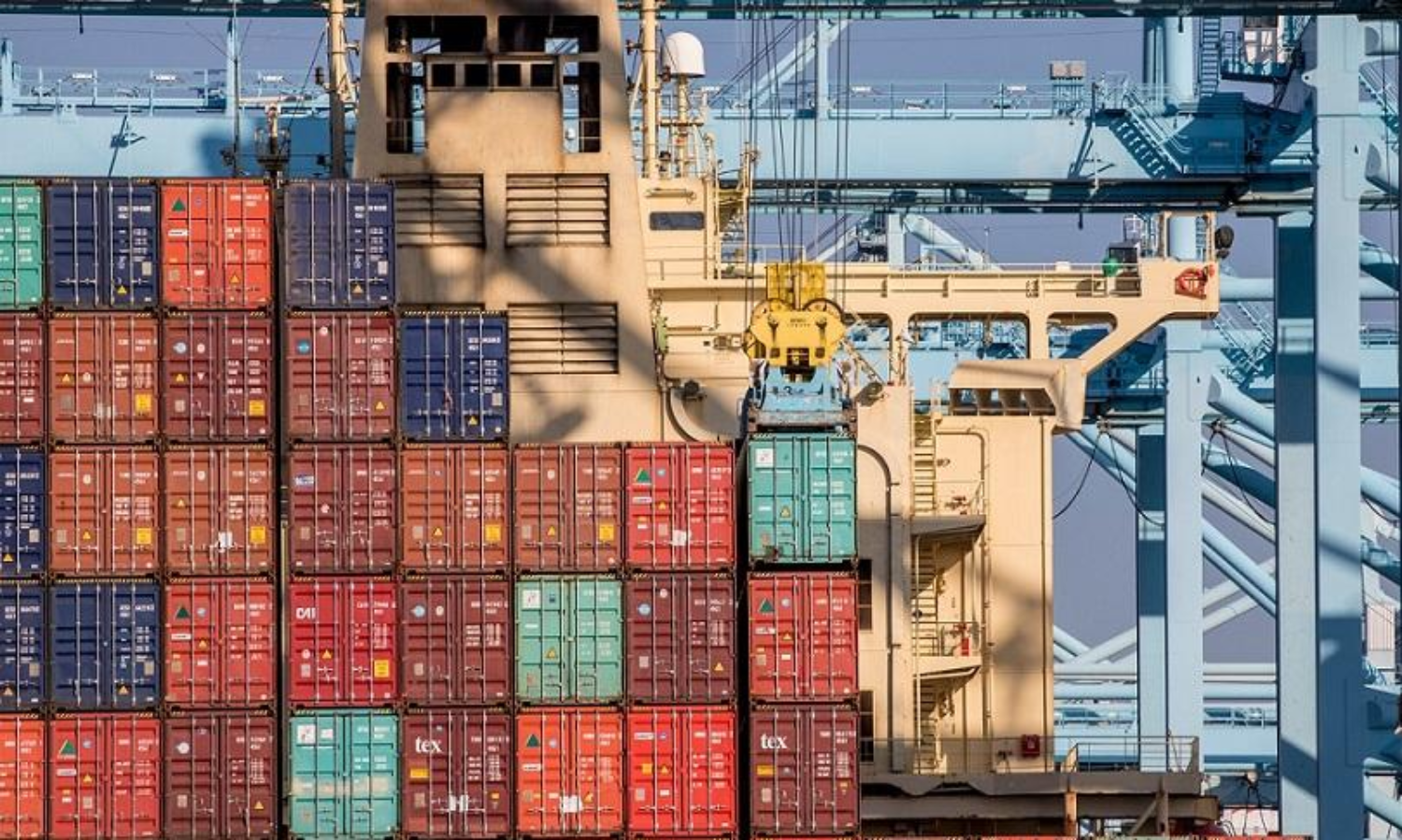Faster inventory refill cycles expected in 2023: Container xChange
India, Singapore, Vietnam & Malaysia emerge as prime alternatives for companies to increase supply chain capacity

Photo Credit: Port of Los Angeles
The on-going holiday season is going to trigger an early burn-out of inventories in the U.S., which is likely to kickstart the inventory replenishment cycles a bit sooner than the supply chain and shipping industry predicted earlier this year.
"This would cause an increase in demand in the export hubs as the U.S. starts to work on balancing its order-to-inventory ratio," according to the latest update from Container xChange.
"Global trade is undergoing an opportune shift in supply chain reliance on China to newer south east Asian markets as the country tightens its zero Covid policy and struggles with increasing labour costs amidst other market disruptions. China has grown out of the low-cost countries (LCC) label, which has made way for other southeast Asian countries like India, Singapore, Vietnam, and Malaysia to mark their presence into multinational companies' long-term regional presence imperative."
Companies globally are focusing on creating regional alternatives to curb supply chain disruptions cropping up due to high labour costs, fresh lockdowns in the country and protests in the country, the update added.
With the dramatic fall in consumer demand, and with more containers available, the spot rates on transpacific routes between some countries in East Asia and the U.S. have dropped drastically as well. "The spot rate of a 40 ft container in the China-West Coast route fell by 20 percent to $2,361 in October. The typical premium rate a year back was $20,000. Across the Atlantic, shippers in the U.S. have witnessed a 20 percent dip in ocean freight orders, and ocean carriers have cancelled half of their sailings to make sure that their vessel's capacity matches the demand."
One-way pickup charges for standard containers from China to North America have declined month-on-month since May 2022 from $1773 to $344 in October. One-way pickup charges from China to Europe declined from $2,845 in January 2022 to $1,726 in May 2022 and to $910 in October.
The average container prices and one-way leasing rates in October 2022 on Asia to the U.S. East Coast and the West Coast were 63 percent and 85 percent lower than the rates in October 2021, according to xChange platform data. While the rates have dropped dramatically in 2022, the drop is not surprising if we compare them with the rates in October 2019, the update said.
"The supply chain is already in distress with a surplus of containers, maxed out depot space and an increase in blank sailings," says Christian Roeloffs, cofounder and CEO, Container xChange. "The zero Covid strategy and the geopolitical and trade risks in China will further contribute to the drop in demand for containers in China. However, it also means that the demand will slowly stabilise and get closer to the level at which it was before the pandemic started."
Container availability Index (CAx) values are much higher than pre-pandemic – meaning that inbound containers are significantly higher at the Chinese ports than the imported boxes this year compared to 2019 (pre-pandemic). "This indicates that not as many containers are leaving the ports from China, which is now obvious and evident considering the uncertainties looming onto the China shipping business."
Container Availability Index
Container prices are considerably lower in Indonesia, Thailand, Malaysia, Singapore, Vietnam and India compared to China, which corroborates well with the SE Asian countries being opted as China plus one alternative, the update added.


